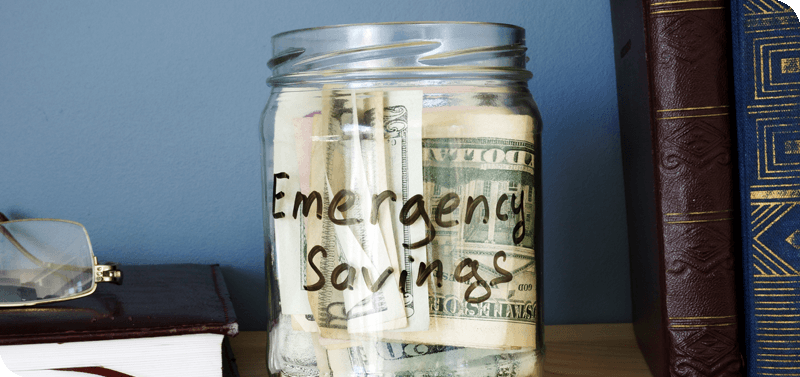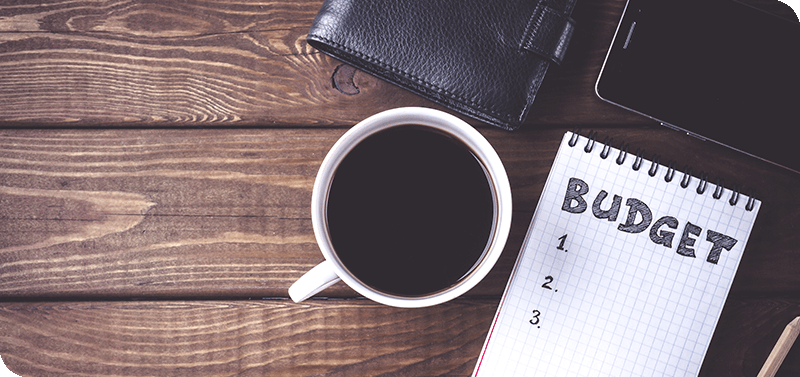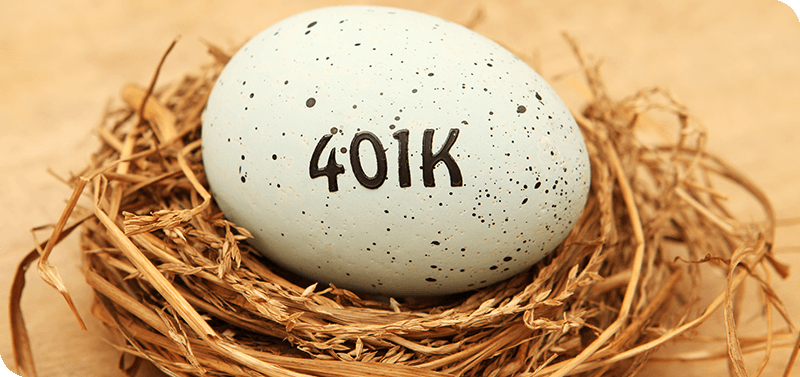It started with a few late fees, but over the years quickly grew from a simple annoyance to a financial monster. That’s what can happen when mounting debt takes hold of your finances and your life. Now, money earmarked for debt payments means less cash available to meet your financial goals, like saving for retirement or planning a destination wedding.
Don’t let lingering money obligations keep you from mastering your financial future. When you stick to a budget that includes a plan for debt reduction, you can free yourself from debt’s stronghold. But, before you start paying down debt, take a few moments to recognize the actions that led you here. Otherwise, you might find yourself debt-free for a short time only to repeat the cycle. Do you see yourself described in one or more of the following scenarios?
Do you find it hard to pass up an end-of-season sale? Or, do you borrow money because a spur of the moment purchase will leave you with less cash in your wallet? It’s understandable. Even when you’re committed to getting debt under control, there always seems to be a good reason for making one more purchase. But, with each purchase, your balance increases, placing you deeper into debt.
Stop borrowing money to make purchases and stick to a budget. Place credit cards in a safe deposit box or other secure, inconvenient place to prevent easy access.
A late fee isn’t the reason you’re still in debt, but it can be a factor preventing you from escaping the debt stronghold. For example, adding late fees to the account balance isn’t the only way some credit card companies penalize cardholders for missed payments. They might also increase the interest rate. This can occur whether or not you were receiving a promotional or introductory rate. Since each credit card issuer is different, review the disclosure statement to see if this applies to your situation. Contact your issuer for the current disclosure statement.
Set up automatic bill payments with your creditor or financial institution to avoid future late or missed payments.
On-time bill payment is critical to building good credit, but you don’t need to stay in debt to maintain a healthy credit history report. A common myth is that you need to carry a balance to raise your credit score. In reality, the only thing increasing are the interest charges you’ll pay. Maintaining an outstanding balance on your credit accounts will not help your credit score.
Reduce expenses and double your monthly debts payments, if your budget allows. Or, consider increasing your income by earning money at a second job. Apply the supplemental income toward your debts to quickly bring account balances to zero.
If you can reduce the interest rate assigned to your debts, you might be able to pay them off sooner since more of your payment would go to reduce the principal balance. It’s possible to refinance multiple debt obligations, such as your auto loan, HELOC, credit cards, and personal loan, with one lower interest rate consolidation loan.
When you pay off several high-interest debts with a single low-interest rate consolidation loan, the same total payment might go further to reduce the debt principal. Use the Debt Relief Calculator to estimate how much money you can save with lower interest rates.
Join our Debt Relief Challenge. Qualified applicants can refinance their high-interest debt and earn 0.25% of the refinanced loan balance, up to $500 cash back.*
Contact us today to discover how refinancing your credit cards and loans with Prince George’s Community Federal Credit Union can help you get out of debt and on the path to successful money management.
*APR = Annual Percentage Rate. Rates and APRs are effective as of 1/1/2020 and are subject to change without notice. Campaign runs Jan. 1- Mar. 31, 2020. Your rate will vary depending on your credit worthiness and term of loans. This offer is available on used automobiles, boats, RVs, motorcycles, credit cards with balances, home equity loans and secured personal loans. This offer does not apply to existing Prince George’s Community Federal Credit Union loans. Loan minimum is $5,000. The maximum reward for refinanced loan is $500 per household. If loan is closed within 24 months of opening, the 0.25% cash-back award will be forfeited and added to the payoff amount. If you participate in this offer you may receive a Form 1099 MISC at the year-end for tax purposes. Eligible funds will be disbursed one month after promotional end. Prince George’s Community Federal Credit Union membership required. Certain restrictions apply. Contact us for details.



3 Min Read
One of the most effective tools for preventing a large-scale financial disaster is an emergency fund…
Learn about Emergency Funds7 Min Read
The 50/30/20 rule is a simple, practical rule of thumb for individuals who want a budget that is easy, yet effective, to implement…
How to Set Your New Budget3 Min Read
Even if you’re just starting your first real job—actually, especially if you’re just starting your first real job—it’s time to start thinking about retiring…
How to Plan for RetirementPrince George's Community Federal Credit Union does not provide, and is not responsible for, the product, service, or overall website content available at a 3rd party site. We do not endorse the information, content, presentation, or accuracy nor makes any warranty, express or implied, regarding any external site. Our privacy policies do not apply to linked websites.
You should consult the privacy disclosures on any linked site for further information. Thank you for visiting our website.
To help the government fight the funding of terrorism and money laundering activities, federal law requires all financial institutions to obtain, verify, and record information that identifies each person who opens an account. What this means for you: when you open an account, we will ask for your name, address, date of birth, and other information that will allow us to identify you. We may also ask to see your driver's license or other identifying documents.